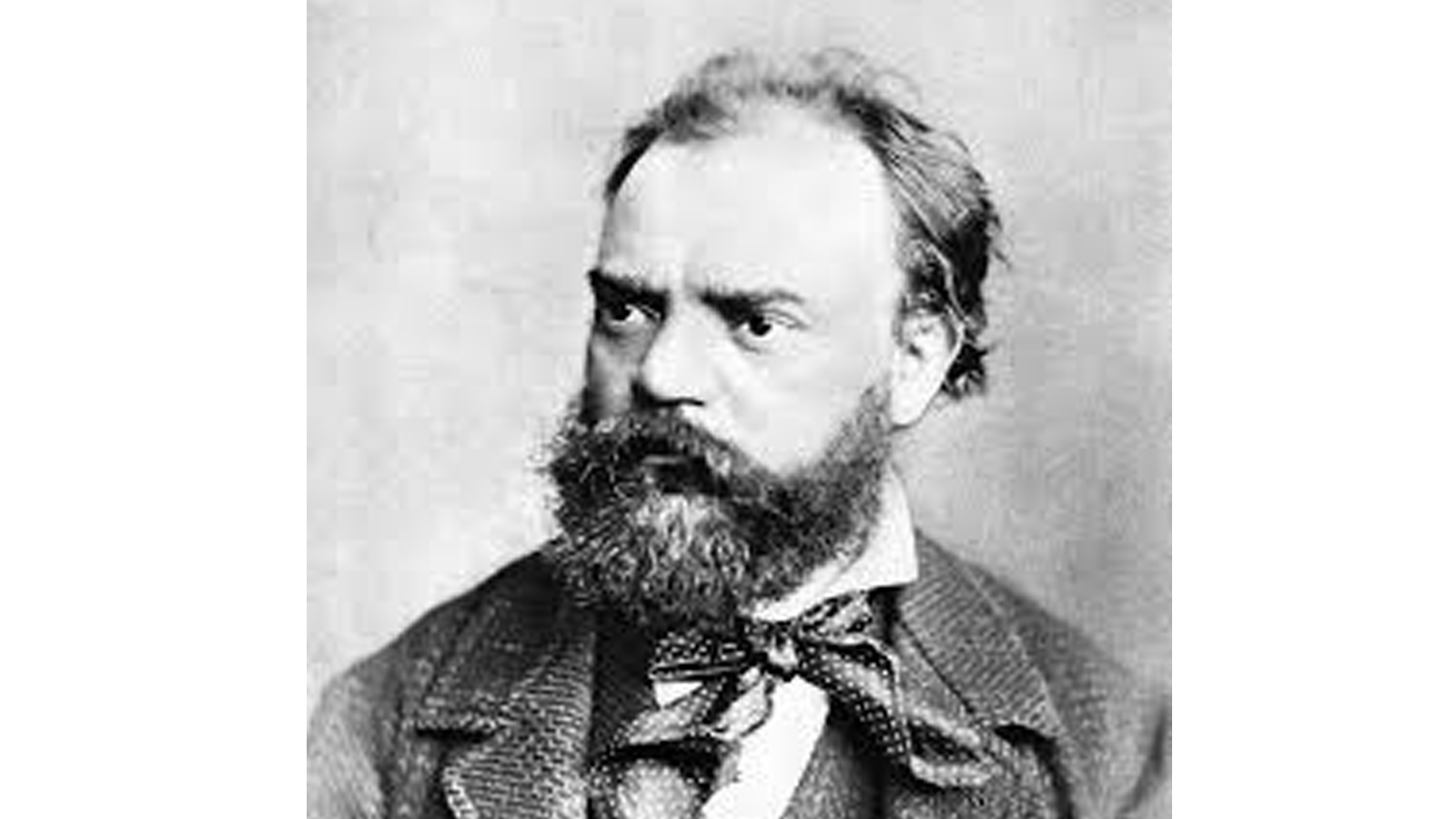
No. 31
Dvorak: Cello Concerto in B minor

Antonin Dvorak’s Cello Concerto in B minor
I have been reading about Antonin Dvorak's Cello Concerto, which most critics seem to think is the best concerto for the cello ever written. And while I agree, I also have to admit that I haven't heard most of the cello concertos that were written in the 19th century, let alone the hundreds that have been written in the 20th. And that isn't just a problem for 21st century listeners either.
Cellists have been dealing with the dearth of music for their instrument since the time of Boccherini and the Krafts, father and son, who, pressed to find music to test their virtuosity, to please audiences both aristocratic and common and to earn a living, had to fall back on writing their own concertos. Most of what we call the standard cello literature is made up of concertos written by cellists themselves. And as composers, cellists have been given short shrift.
When cellists have turned to their friends who are”well known” composers and begged for a concerto, they have usually gotten put off, or worse given what critics have routinely described as not the composer's best work. For example, though cellists cling to Haydn's Cello Concertos, critics have often rated them as among Haydn's least successful works, and some have even claimed that the concertos are so far below Haydn's usual standard as to suspect they are not really by Haydn at all.
In their defense most composers blame the instrument, if not the player. Perhaps there is some justification for this. Boccherini himself found Parisian audiences underwhelmed by his virtuosity. So he simply gave up playing the cello to become a great composer instead. When Boccherini did write for the cello, he wrote at the behest of Frederick William III, cellist King of Prussia, to whom audiences had to listen or face the monarch's considerable displeasure.
It is no wonder then that when Dvorak's good friend and long-time drinking buddy, Hanus Wihan, a cellist whose reputation meant he might make a living as a soloist, begged a concerto from him, the composer fobbed him off with a Rondo, telling Wihan that the cello with its baritone range couldn't stand up to a full orchestra. That was also the opinion of Brahms among others.
All that changed when Dvorak was in America. As one writer puts it, Dvorak heard a cello concerto performed in New York by a colleague at the National Conservatory where he was employed. Another writer refers to that concerto as by the “American composer Herbert” as though he had no idea who this “American” might be, certainly no Dvorak. The “American” was Victor Herbert, an Irish born, cello virtuoso who was fast becoming the most popular (and the richest) composer in America by fusing together activities as a composer, songwriter and conductor into a stellar career that reaches from inspiring Dvorak to helping George Gershwin. The cello concerto Dvorak heard was Herbert’s second, the Cello Concerto in E minor. It is second only to the concerto it inspired and unjustly neglected.
When Dvorak heard Herbert’s new cello concerto, he had just returned from Spillville, Iowa where he had vacationed among Bohemian immigrants who spoke his language and maintained some of the traditions and the music, especially the songs, of his native country. Back in New York, sitting in the Carnegie Hall audience, Dvorak was especially moved by the middle movement of Herbert’s concerto, a sustained song like romance in the key of B minor. The key may have struck him especially because on the way back from Iowa, Dvorak’s party stopped to visit Niagara Falls, which at that time was still the “mighty Niagara” known for its deafening roar. This was before the Falls became somewhat muted when almost half the water upstream was diverted for hydro-electric plants built in the 20th Century. Standing on Goat Island beside Horse Shoe Falls, over the incessant roar someone shouted at Dvorak, “What do you think?” Dvorak turned to the inquisitor and shouted back, “B minor!”
There is little more to say that hasn’t been said in introductions to Dvorak’s Cello Concerto through the years except to say that Hanus Wihan did eventually get his Cello Concerto in B minor by Dvorak, and it was a winner, just as good, at least, as the concerto Wiuhan never ever heard about, the Cello Concerto in E minor by Victor Herbert.
Top 40 Countdown
A few years ago the listeners to WNED Classical told us what they thought a TOP 40 list of Classical pieces should be. Six hundred and twenty-two different pieces were put forward, and over nine hundred listeners participated. The result, The WNED Classical Top 40, was both startling and comforting. There were a number of surprises, Stravinsky and Copland made the list; Mendelssohn and Schumann did not! It was comforting to know that the two most popular composers were Beethoven and J.S. Bach. The biggest surprise of all was the piece that crowned the list as No. 1.